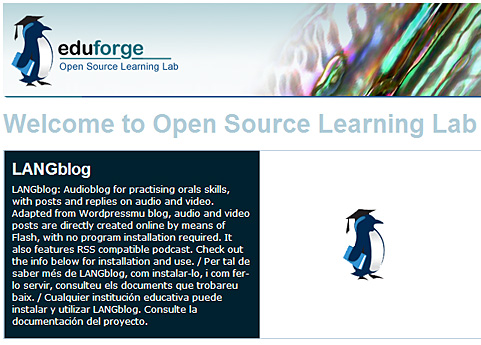Inside the March 2010 Issue of The Journal:
*DIGITAL VIDEO
Flippin’ Out
With its school-friendly price, user-friendly design, and project-friendly capabilities, the Flip Video camcorder is a must-have addition to your classroom technology arsenal.
*OPEN CONTENT
A Custom Fit
The movement toward open educational resources is gaining steam, empowering teachers to modify existing materials and create content that is a better match for their instructional needs.
*21st CENTURY SKILLS
An ‘A’ in Abstractions
How do you assess students on how well they can communicate, solve problems, and be responsible self-learners? First step: Toss out your bubble sheets and multiple-choice questions.
Plus:
-Network Security – Identity Scramble
-Here & Now
-Policy & Advocacy – Was I Wrong on Obama?
-Drill Down – Digital Citizenship is Fundamental
-Product Focus
-Upcoming Events & Webinars










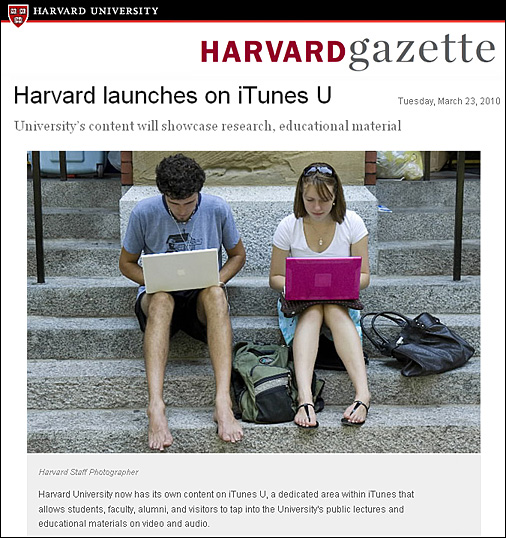
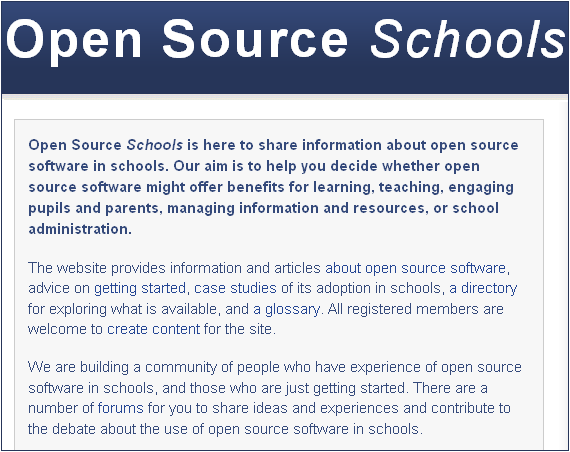
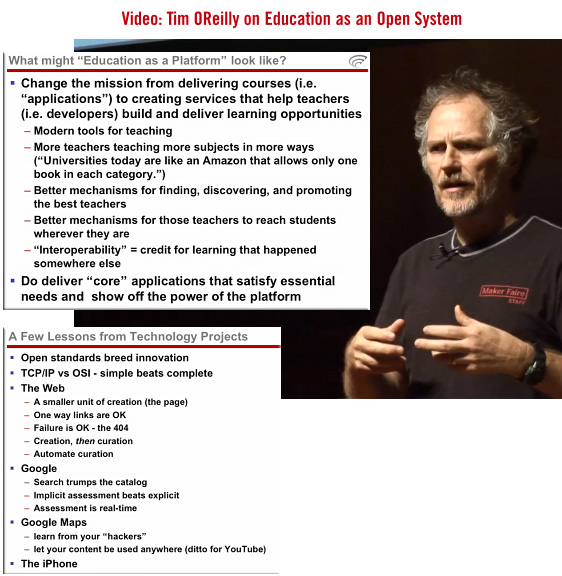
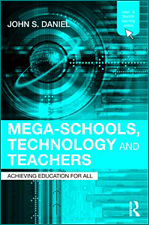
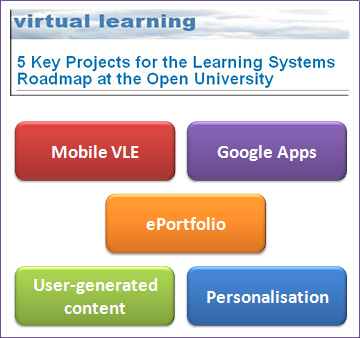
![open-university-10-million-downloads-feb-2010] Open University hits 10 million downloads on iTunes U](http://danielschristian.com/learning-ecosystems/wp-content/uploads/2010/03/open-university-10-million-downloads-feb-2010.jpg)
